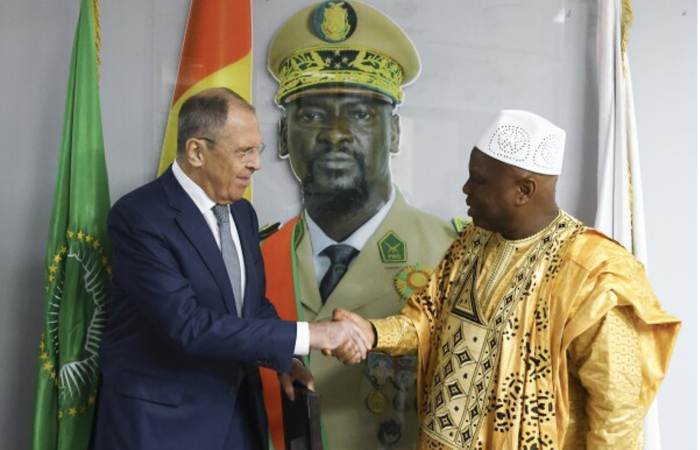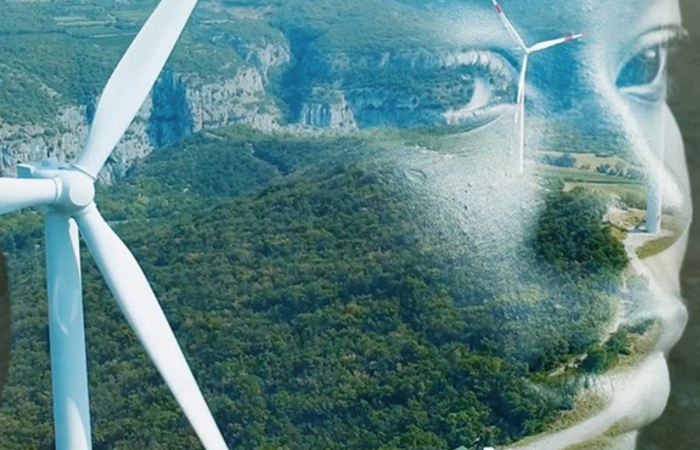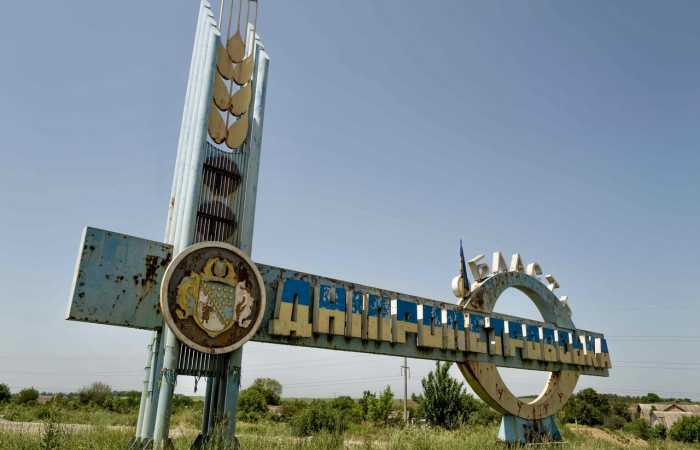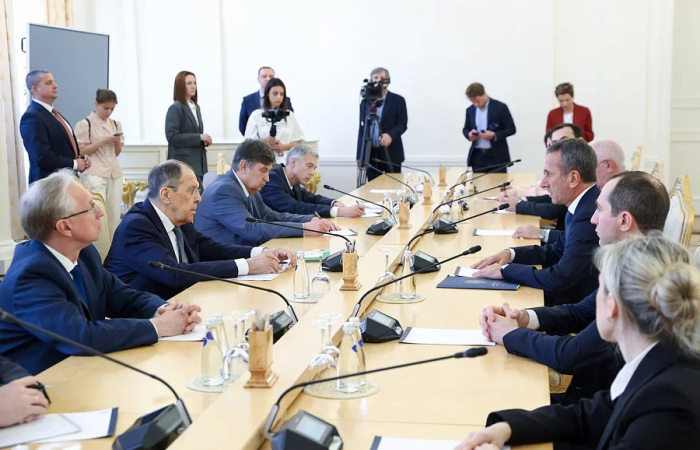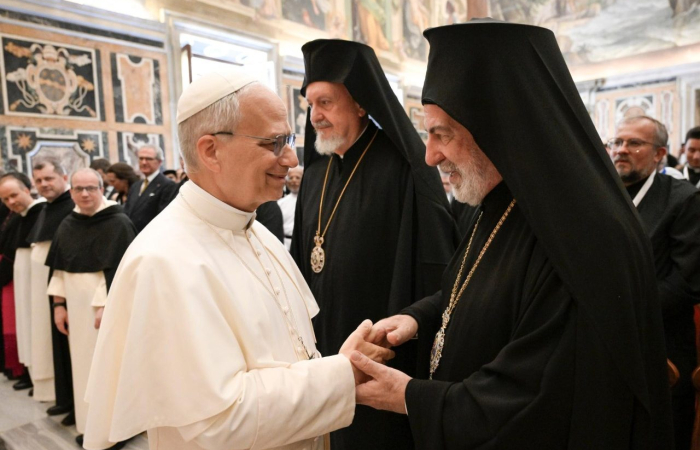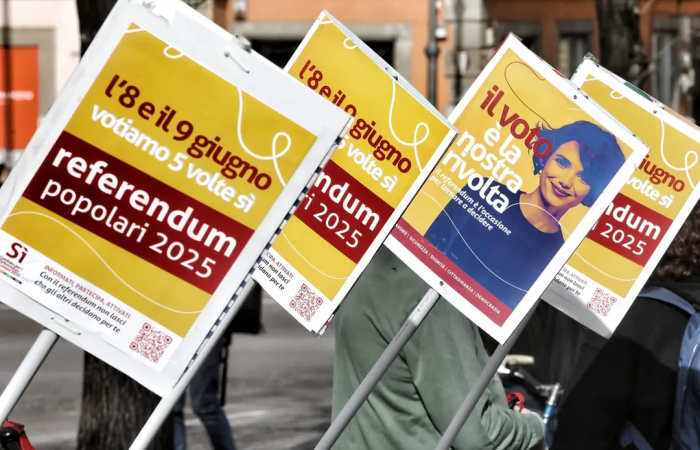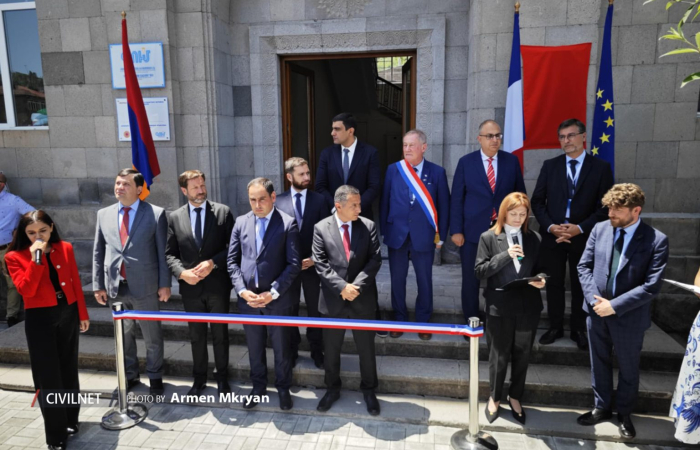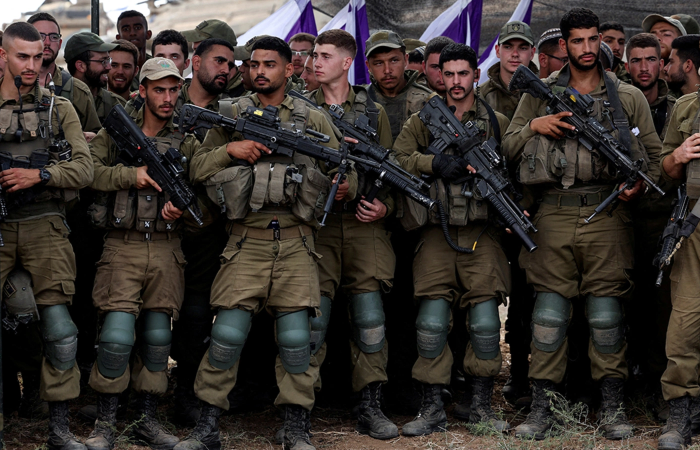Trending
Pashinyan Targets Remnants of Old Regime as Election Showdown Looms
10 June 2025
For over a week now, the Armenian public has been subjected to another unedifying spectacle between the country’s political and spiritual leadership. Tirades posted on social media by Prime Minister Nikol Pashinyan targeting Armenian Catholicos Karekin II, who he accuses of fathering at least one child despite an oath of celibacy, have been incendiary. The allegation is not new. Armenian media even named an alleged daughter back in 2013. However, Pashinyan’s wife, Anna Hakobyan, further ratcheted up tensions by referring to some members of the clergy as paedophiles while not presenting any evidence.





